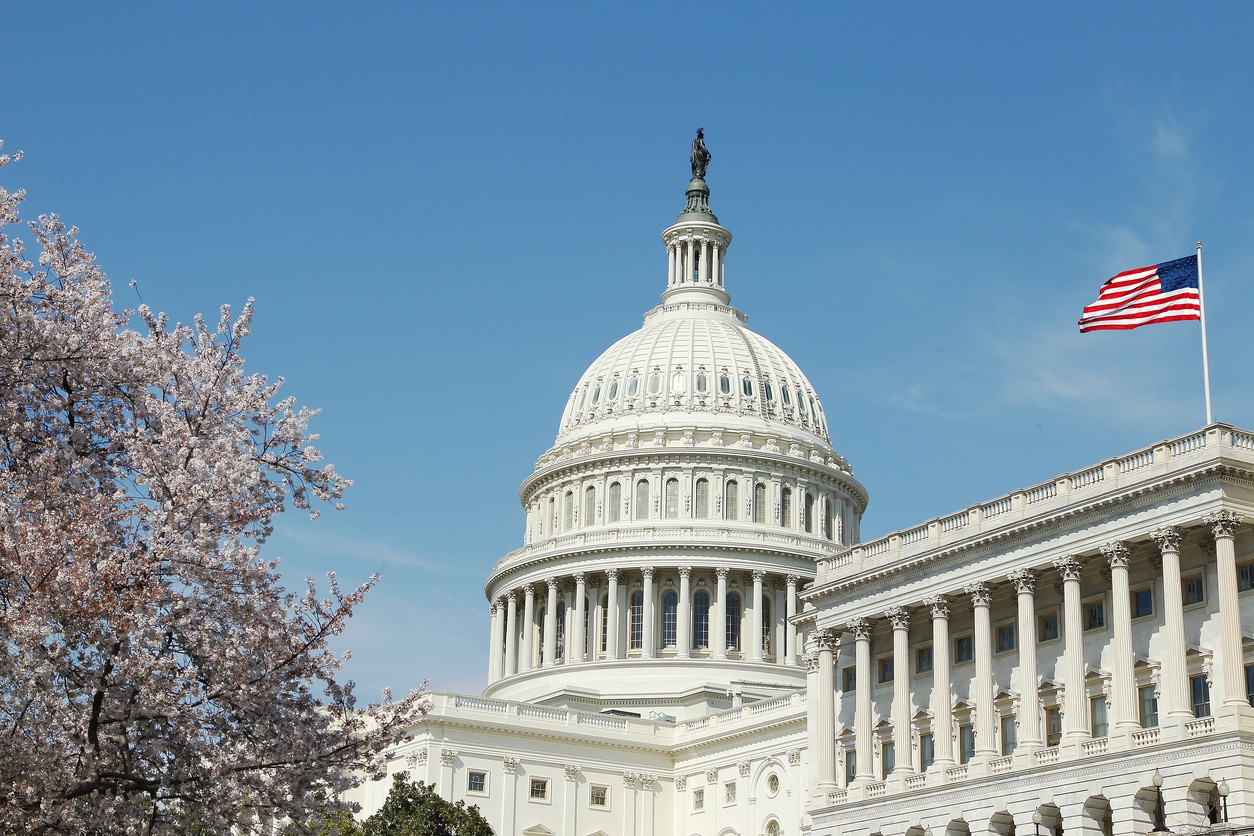MFA’s Bold Digital Asset Recommendations Shake Up Senate Committee
Financial Advisors Deliver Crypto Blueprint to Capitol Hill
Policy Shift Ahead?
The Managed Funds Association just dropped a blockchain bombshell on Senate policymakers—pushing for clearer digital asset frameworks that could reshape institutional adoption. Their recommendations target regulatory clarity, custody solutions, and trading protocols that traditional finance still struggles to implement efficiently.
Timing's everything—with crypto markets heating up again, Washington faces pressure to move faster than bureaucratic molasses. The MFA's proposal essentially tells lawmakers: adapt or watch innovation bypass US markets entirely.
One Senate aide noted the recommendations 'aren't just thoughtful—they're necessary,' while banking lobbyists quietly grumble about disruption to their century-old monopolies. Typical finance resistance—protecting turf instead of embracing progress.
Final verdict? Washington might finally be learning that blocking technology works as well as holding back tide with a broom. But hey, at least they're trying—right after everyone else figured it out first.

MFA made six high-level recommendations to the Senate Banking Committee to promote a clear, coordinated regulatory framework for digital assets in a letter sent last week. The letter responds to the Committee’s request for information on proposed digital asset market structure legislation and outlines recommendations to modernize regulation, support innovation, and preserve the strength of U.S. capital markets.
“Digital assets and tokenization have the potential to improve market efficiency and liquidity,” said Jillien Flores, MFA Chief Advocacy Officer. “To unlock these benefits, we need smart rules that foster innovation, protect investors, and are grounded in the same regulatory principles that have made U.S. equity markets the envy of the world. A clear foundational framework will strengthen our capital markets and help ensure the U.S. remains the global leader in financial innovation.”
MFA’s recommendations would:
- Promote innovation in capital markets while preserving investor protections
- Prevent regulatory arbitrage and duplicative oversight
- Support the responsible growth of tokenized securities
- Strengthen U.S. competitiveness in digital finance
Specifically, MFA recommends that Congress:
- Empower the Securities and Exchange Commission (SEC) and Commodity Futures Trading Commission (CFTC) to adopt clear, principles-based digital asset rules. A flexible framework will allow regulators to respond to evolving technologies without stifling innovation or compromising core safeguards.
- Direct the SEC to refine its rules to support tokenization of public and private securities. Tokenized assets should be subject to similar regulatory safeguards as traditional securities, unless meaningful differences justify alternative treatment. This will help unlock the benefits of tokenization while protecting investors, ensuring transparency and promoting fair access to markets.
- Ensure consistent treatment of blockchain-based and traditional financial products to avoid regulatory arbitrage. MFA supports innovation but cautions against disparate regulatory or tax treatment unless justified by real differences in the underlying products. A consistent framework across asset classes will promote fair competition and prevent market distortions.
- Avoid duplicative regulation and dual SEC and CFTC registration. Reducing overlapping oversight will lower costs and complexity for market participants without weakening regulatory protections.
- Authorize the CFTC to adopt custody rules for digital assets that fall under its jurisdiction and coordinate those requirements with the SEC. A unified approach to custody will provide clarity for market participants and support safe, scalable custody solutions for digital assets.
- Encourage the Treasury Department to tailor anti-money laundering (AML) rules for digital assets. MFA supports strong AML controls. However, AML rules should be consistent with traditional finance and appropriately scoped for private fund structures to ensure proper oversight without imposing unnecessary costs.
Read the full comment letter here.
Source: MFA

